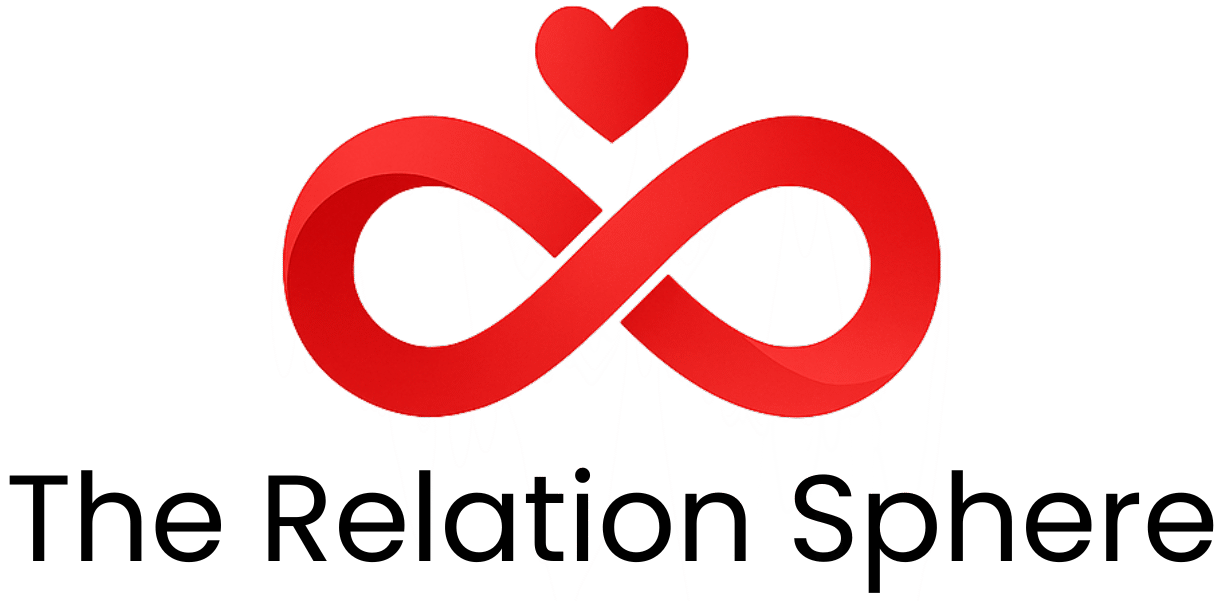1. Introduction
In today’s interconnected world, many of us find ourselves in the role of the ‘therapist friend’ — someone trusted with listening and offering support to loved ones, colleagues, or even acquaintances. While being supportive is admirable, it can come with a significant emotional toll if not managed properly. Protecting your emotional energy is essential to maintain your well-being and ensure that your generosity doesn’t lead to burnout. This article explores actionable strategies on how to preserve your emotional resources when acting as the supportive confidant, emphasizing the importance of setting boundaries, practicing self-care, and understanding your limits. Whether you’re looking to improve your capacity to support loved ones or avoid emotional exhaustion in your friendships, these insights are vital for maintaining healthy relationships and personal peace.

2. Recognize the Role of a ‘Therapist Friend’ and Its Emotional Impact
Being the best kw — or offering emotional support — often requires deep empathy and active listening. This role can be rewarding but also draining, especially if you’re not aware of your emotional limits. Understanding that you are not a professional therapist is vital; your role is to support, not to solve every problem. Recognizing the signs of emotional exhaustion allows you to enforce boundaries that protect your energy reserves. For example, if a friend continually seeks your counsel without reciprocation, it may lead to fatigue. Incorporating tools like the Seven Principles for Making Marriage Work can help you navigate relationship dynamics better, ensuring your support is healthy and sustainable.
3. Set Clear Emotional Boundaries
Establishing boundaries is one of the most effective kw1 to prevent emotional fatigue. Clearly define what you are comfortable discussing and how much time you can dedicate to supporting others. Communicate these boundaries gently but firmly, ensuring they are respected. Healthy boundaries help maintain your emotional health while still being a compassionate presence for others. For instance, referencing articles like how to set healthy boundaries at work can provide insights into establishing limits that work in personal relationships. Prioritizing your emotional well-being by using tools like The Inner Work of Relationships will help you maintain a healthy balance between supporting others and caring for yourself.

4. Practice Regular Self-Care and Mindfulness Techniques
Self-care is essential for kw2 and sustaining your mental health. Incorporate mindfulness practices such as meditation, deep breathing, or journaling into your daily routine. These activities help you stay grounded, reduce stress, and clear your mind from the emotional clutter of supporting others. Prioritizing your self-care means you can be a better listener without becoming overwhelmed or emotionally depleted. For example, engaging in activities like Love & Respect can deepen your understanding of healthy relationship dynamics, reinforcing your emotional resilience and capacity to support loved ones without losing yourself in the process.

5. Develop Healthy Emotional Boundaries with Friends and Colleagues
Creating and maintaining healthy boundaries is crucial for last kw. This ensures you preserve your emotional energy and avoid burnout. Practice saying no when your plate is full and encourage open communication about emotional needs. For example, when friends constantly seek emotional support, gently remind them of available resources like A Smart Girl’s Guide: Friendship Troubles or suggest engaging in activities that foster mutual support without overextending yourself. When boundaries are respected, relationships stay healthy, and your emotional energy remains intact.
6. Limit Your Exposure and Use Time Management Strategies
To effectively protect your emotional resources, set specific time limits for how long you engage in supportive conversations. This could mean scheduling dedicated periods for listening or checking in, ensuring it doesn’t invade your personal or work time. Implementing boundaries around your availability helps prevent emotional overload. You can also incorporate helpful tools like Risky Couples to add fun, light-hearted interactions that reset your emotional state and make your support more manageable. Using effective time management strategies ensures you’re available without feeling drained or overwhelmed—an essential aspect of maintaining best kw as a supportive friend.

7. FAQs About Protecting Your Emotional Energy as a ‘Therapist Friend’
Q: How can I tell if I am emotionally drained from supporting others?
A: Signs include feelings of exhaustion, irritability, loss of motivation, or physical symptoms like headaches. Recognizing these signs early helps you take necessary steps to recharge your emotional well-being. For staying informed, consider tools like Family Compact Among Generations which can provide insights into emotional health strategies across different relationships.
Q: What are some quick self-care practices to protect my emotional energy daily?
A: Simple practices include deep breathing exercises, journaling, taking short walks, or practicing mindfulness meditation. These can quickly help reset your emotional state and build resilience. Incorporate tools such as Why Men Love Bitches for empowering perspectives on maintaining personal boundaries and emotional strength.
Q: How do I kindly set boundaries with friends who seek constant support?
A: Be honest yet gentle. Explain your limits and suggest alternative resources like professional help if needed. Remember, setting boundaries is vital for your health and also helps your friends learn healthy emotional habits. For further relationship tips, explore The Inner Work of Relationships.
8. Conclusion
Being the best kw requires self-awareness and proactive strategies to preserve your emotional energy. Setting boundaries, practicing self-care, and managing your time effectively allow you to support others without sacrificing your well-being. Remember: taking care of yourself enables you to be there for others authentically and sustainably. Embrace these tips to maintain your emotional health and continue being a compassionate, supportive friend or colleague, ultimately enhancing your work and personal relationships.


1 thought on “Being the ‘Therapist Friend’: How to Protect Your Emotional Energy”